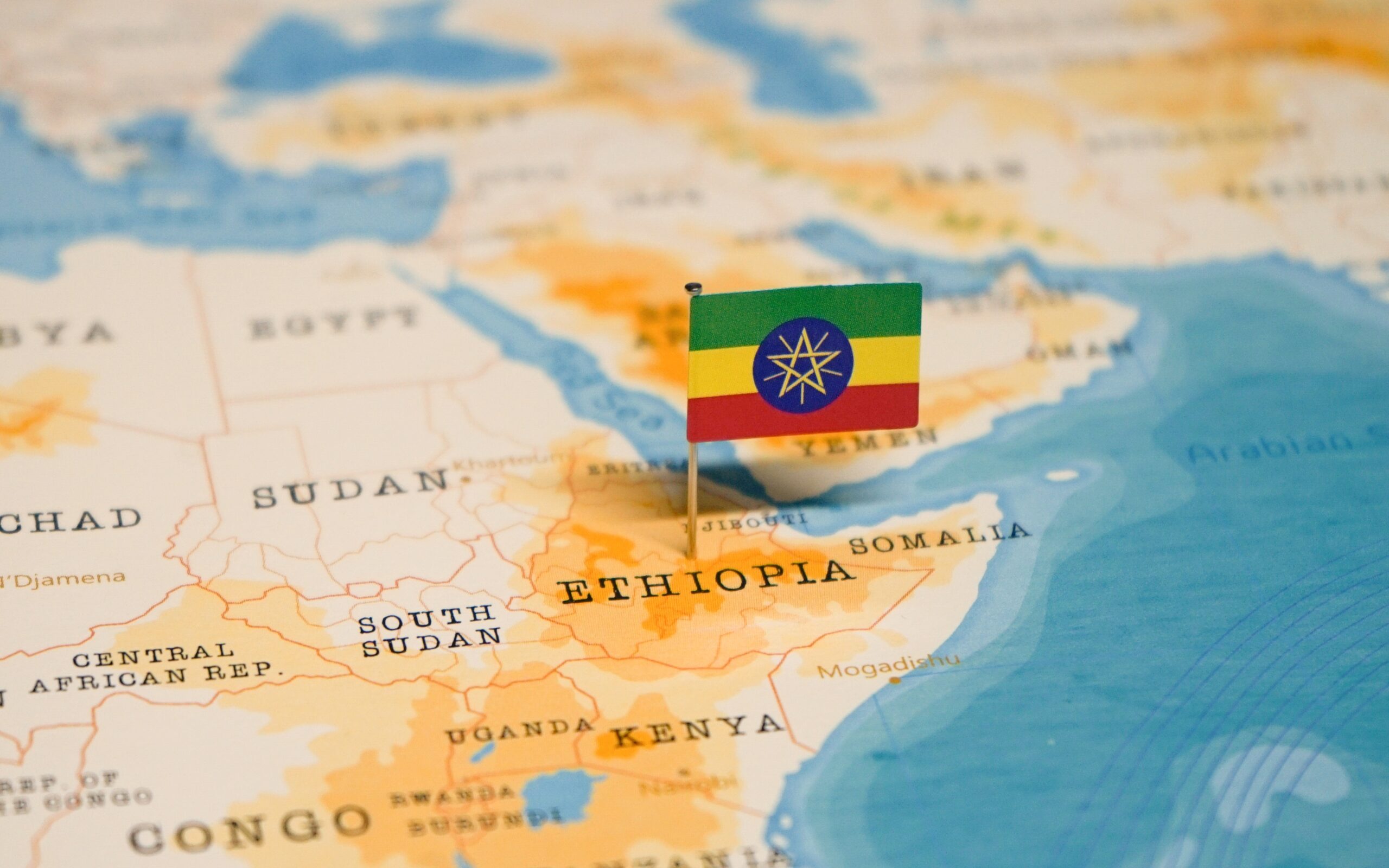Balancing Opportunity and Resilience: Ethiopia’s Strategic Interests Under the African Continental Free Trade Area
Written by Dr. Tigist Gebrehiwot at Ethio Alliance Advocates LLP

Ratifying the African Continental Free Trade Area (AfCFTA) agreement is a strategic leap for Ethiopia’s economy, one that opens doors to a $3.4 trillion unified African market and signals a shift from regional isolation to continental integration.
Ethiopia can now trade more freely with 54 African countries, reducing tariffs on 90% of goods. Sectors such as agriculture and mining, which are already strong performers, can scale up their exports across the continent. Ethiopia’s exports reached $7.21 billion over the past 11 months, surpassing targets by 121%. AfCFTA could amplify this momentum by unlocking demand in new African markets.
Cross-border investment opportunities will grow, especially in logistics, agro-processing, and digital infrastructure. Ethiopia’s Capital Market Authority and Securities Exchange may attract more investors through sector-linked financial instruments.
While agriculture may thrive, manufacturing faces tougher competition. Domestic industries must innovate and improve productivity to stay competitive. Cooperative models like SACCOs and micro-enterprises could benefit from regional collaboration and capital flows. This supports inclusive growth and grassroots economic empowerment. Currently, Ethiopia is developing a tailored AfCFTA strategy to identify competitive sectors and align with sustainability, gender equity, and digital transformation goals.
Ratification demands harmonization of trade laws, customs procedures, and dispute resolution mechanisms. It also positions Ethiopia to influence continental trade norms and governance frameworks. Ethiopia’s proactive stance enhances its credibility as a regional leader in sustainable development, digital rights, and trade diplomacy. This isn’t just a trade agreement; it’s a blueprint for Ethiopia to reimagine its economic identity on a continental scale.
However, this agreement poses its own challenge for Ethiopia’s promising manufacturing sector, which may struggle against more industrialized African economies. Risk of product dumping, where cheaper goods from stronger economies flood Ethiopian markets, could undermine local producers. Small and Medium Enterprises (SMEs), especially in agriculture and light manufacturing, may face increased competition without adequate support. Large agribusinesses from wealthier member states could displace family-run farms and cooperatives.
Gradual removal of tariffs could reduce government revenue, especially if trade volumes don’t scale up quickly. This may strain public investment in infrastructure and social services unless new tax strategies offset it.
There are also legal, governance, and institutional challenges that Ethiopia must address. It must align its trade laws, standards, and customs procedures with AfCFTA protocols, a no small feat, given the diversity of legal systems across Africa. Dispute resolution mechanisms must be strengthened to handle cross-border trade conflicts. Limited institutional capacity may delay effective enforcement of AfCFTA provisions. Coordination across ministries, regional governments, and private sector actors is essential but currently underdeveloped.
Ethiopia’s private sector is still dominated by public investment over 70%. Without robust support, private firms may struggle to compete regionally, especially in manufacturing and services. It should also be noted that inefficient border procedures and corruption could negate the benefits of tariff reductions. Streamlining customs procedures is crucial to preventing delays and trade friction.
To mitigate these risks, Ethiopia should develop a national AfCFTA implementation strategy that prioritizes competitive sectors and inclusive growth. Invest in capacity-building for SMEs, especially in agro-processing and digital services. Strengthen legal frameworks for trade facilitation, dispute resolution, and investment protection. Position itself as a regional thought leader in ethical trade, sustainability, and digital governance.
Ethiopia’s engagement with the African Continental Free Trade Area (AfCFTA) presents a dual imperative to seize transformative trade opportunities while safeguarding national development priorities. This brief outlines Ethiopia’s offensive interests, including market expansion, digital trade leadership, and investment attraction, and its defensive priorities, such as protecting infant industries, ensuring revenue stability, and strengthening SME resilience.
Key legal and governance priorities include harmonizing trade remedies, enhancing dispute resolution capacity, and aligning digital and agroecological standards with continental protocols. A targeted stakeholder engagement roadmap is proposed, involving government, private sector, civil society, and regional partners to ensure inclusive and strategic implementation.
It is highly recommended that Ethiopia establish a national AfCFTA legal taskforce, develop sector-specific toolkits, and launch public awareness campaigns to position Ethiopia as a leader in ethical, sustainable, and innovative trade across Africa.
This guest blog is written by Dr. Tigist Gebrehiwot at Ethio Alliance Advocates LLP.

